In honor of this season’s The White Lotus ending this month, here are some of my favorite literary fiction reads for White Lotus fans!
These books aren’t for everyone—some are more vibes than plot, while others veer into surrealistic territory. Also, as in the show, the characters can be unbearable.
Swimming Home by Deborah Levy: The White Lotus, but make it surrealistic Freudian lit fic in 1990s France.
Long Island Compromise by Taffy Brodesser-Akner: so no one is on vacation here, but this family would 100% be on the show.
Eurotrash by Christian Kracht (translated from German by Daniel Bowles): an unhinged mother-son road trip through the Swiss Alps.
The Guest by Emma Cline: the guest who won’t leave the resort.
Hotel du Lac by Anita Brookner: The White Lotus, but in mid-century Switzerland.
Swimming Home by Deborah Levy: The White Lotus, but make it surrealistic Freudian lit fic in 1990s France.
Swimming Home is set over the course of a week in a villa outside Nice, France, in July 1994.
Overview: Jozef Jacobs, a notable poet (also known as Joe), and his wife, Isabel, a famous war correspondent, are on vacation with their fourteen-year-old daughter, Nina. Another couple, Laura and Mitchell (who own a shop selling weaponry artifacts as souvenirs in England), also stay in the villa with them. A beautiful naked woman, Kitty Finch, appears in their pool one day, and Isabel invites her to stay with them. Their summer vacation gets increasingly weird and (possibly) sinister as the book continues. Reality and dreams begin to blur. Someone goes missing.
Opinion: Swimming Home reads almost like a play—most scenes occur around the villa’s swimming pool. Levy explores each character’s secrets, unrealized desires, and missed connections. It’s a slim novel but thematically dense. After I finished this book, I read that Levy was adapting two case histories by Freud for BBC Radio when she wrote this. That thread is definitely evident here—it’s full of Freudian unsatisfied longing.
Overall: This book is not for everyone, but I would highly recommend it to someone who loves high-brow literary fiction and Freud.
Rating: 4/5
Genre: Literary Fiction
Notable prizes/book clubs/lists: shortlisted for the Booker Prize (2012)
Page count: 165 pages
Audio: 4 hours 24 minutes
Movie/TV pairings: Swimming Home (film adaptation)
Long Island Compromise by Taffy Brodesser-Akner: no one is technically on vacation, but this family would 100% be on the show.
Overview: Set in Long Island and LA, Long Island Compromise is a tragicomic family novel about an “extraordinarily, absurdly, kidnappably rich” Jewish family. It opens with the kidnapping of the heir to a Styrofoam fortune (Carl Fletcher) in 1980 and then follows the lives of the adult Fletcher children (Beamer, Nathan, and Jenny).
Opinion: I read Long Island Compromise for my book club. I enjoyed Brodesser-Akner’s previous book, Fleishman Is in Trouble (which was turned into an FX show). As in Fleishman, Brodesser-Akner excels at cultural observations (I loved how she describes the country clubs of Long Island and “LA face”). The themes about wealth and inherited trauma were well done.
While I enjoyed Long Island Compromise, the characters seemed a little flat. This book review in The Guardian put it well:
This set up, of course, owes much to the TV drama Succession (which is consciously referenced in a subplot): adult siblings messed up by their parents’ extraordinary wealth, their inner lives locked on self-destruct, a vacuum where parental love and attention should be. Succession works because even though everyone in it is horrendous, there is tremendous character nuance and development, and so we come, despite ourselves, to care deeply. The sibling relationships, particularly, offer changing, multi-dimensional perspectives which generate pity and compassion.
This does not happen so readily in Long Island Compromise, where characters are largely disconnected, their inner development arrested. Beamer starts the novel doing awful things and does them repeatedly. All the people in his life are selfish and spoilt; and anyway, he is so disconnected from them they can’t shed light on his pain. Consequently, his vulnerability, while obvious, doesn’t quite land, emotionally. Nathan, similarly, begins and ends the novel weak and anxious, while Jenny is grim and hard‑nosed throughout. They are, essentially, awful, sad people.
Overall, I would recommend this book to someone who likes a family saga and dark comedy about the ultra-rich.
My Rating: 3.8/5
Genres: Fiction (Tragicomic Family Saga)
Page count: 464 pages
Audio: 15 hours 23 minutes
Movie/TV Pairings: Fleishman Is in Trouble; Succession
Eurotrash by Christian Kracht (translated from German by Daniel Bowles): an unhinged mother-son road trip through the Swiss Alps.
Eurotrash is a work of autofiction about a novelist who goes on a road trip through Switzerland with his eighty-year-old mother, who has just been discharged from a psychiatric institution.
Overview: Eurotrash is narrated by its protagonist, Christian Kracht, who shares the same name as the author and has, like the author, written a book called Faserland. The book opens with Kracht visiting his mentally ill and elderly mother in Zurich. She washes a cocktail of prescription drugs down with vodka. She prefers to chew her Ambien, which she takes throughout the day: “They get into your bloodstream faster. They’re absorbed through your gums.” Kracht and his mother hire a cab and go on a quixotic road trip, revisiting places from his childhood.
Kracht’s narcissistic mother constantly gets the upper hand, despite being ill. “You were never there for me,” she says. “How dare you speak to me like that? Where does this anger even come from?” As Kracht observes, “She was an expert manipulator. That was her epic, incredible art, which I had known for decades; she lied and twisted things in such a way that everyone believed everything she said.”
Eurotrash is filled with eccentric, dark humor. Kracht’s feelings on the road trip and his childhood are complex. He had multiple relatives that were Nazis, and his family made their fortune through weapons manufacturing. Kracht’s “childhood and youth were permeated by arrogance and hyperbole and fraud and degradation, by dead money.”
But he finds humor in this. The two try to give away money in an ill-conceived plan to rid themselves of this “dead money.” At one point, they take a gondola up to a viewpoint. They try to give away the tens of thousands of Swiss francs that they have been carrying around in a plastic bag to three Indian ladies. Confused, the ladies refuse the cash:
And suddenly, as these things sometimes happen, a rush of wind kicked up out of nowhere. A gust blew up out of the deep chasm to our right—you could absolutely see this wind passing through the barrier railings and churning up powdery snow, scraps of paper, and inexplicably, some oak leaves, too. A vortex hovered in the air, a little whirlwind, and then the gust swept up over the table like an invisible hand, wiping, no, tearing the entire stack of money away. The colorful thousand-franc bills twirled about in the thin air and fluttered down the abyss, just so. We all looked at the banknotes vanishing down into the rocky ravine, frozen solid. No one attempted to catch one.
Opinion: I chose to read Eurotrash because it was longlisted for this year’s International Booker Prize. The oddball premise and cover seemed too tempting to pass up.
Eurotrash is a well-written, eccentric satire. Kracht skewers the privileged class, critiquing the people from Bern (and their “ossified insistence on their own provinciality”), Zurich (“a city of moneygrubbing middle management and depressing hustlers and reserve lieutenant”), and Geneva (a “dreadful, phony, ice-cold Protestant city, full of poseurs and braggarts and bean counters”). Admittedly, these observations might not resonate with a broader audience who doesn’t understand Swiss culture or privilege.
While not everyone might understand Kracht’s cultural observations, the complex mother-son relationship is really the heart of this book. Kracht deftly shows his strained relationship with his mother through sharp dialogue. He finds the humorous side to his mother’s narcissism while also reflecting more seriously on his mother’s pain and trauma. He asks:
What it had really been like being married to my father? What had it really been like living with her father? Had the SS identification card and the Golden Party Badge and the various torture chambers and the grandiose, decades-long, centuries-long silence, that corrosive, incisive, intransigent, irascible silence, been merely a dream, a seemingly never-ending, pedestrian, ghastly dream?
Eurotrash is a work of autofiction, and it’s not evident what is real. At one point, Kracht discusses the storyline of one of his other books, Faserland. He states: “Yes, but that was fictional. This here is real.” Ultimately, I don’t think it really matters—the book might even be more realistic than Kracht’s own life as it depicts the emotional truth of this mother-son relationship.
Overall: Eurotrash is not for everyone, but I highly recommend it to someone who likes eccentric literary fiction.
Rating: 4/5
Genre: Literary Fiction
Notable prizes/book clubs/lists: Longlisted for the International Booker Prize (2025)
Page count: 192 pages
Audio: 4 hours 16 minutes
The Guest by Emma Cline: the guest who won’t leave the resort.
The Guest centers on a young woman who tries to couch surf in the Hamptons after being dismissed by the older man she is staying with.
Overview: The Guest is set in the present-day Hamptons. Alex is staying with Simon, a wealthy man in his mid-fifties, for the summer. Alex is a bit of a mess—she has no job, no apartment, and is abrasive. Her phone is constantly dying. Cline doesn’t provide much background information about Alex or give an explanation (like past trauma) for her actions. It’s even unclear to her: “There wasn’t any reason, there never had been any terrible thing. It had all been ordinary.” She is, however, beautiful and in her early twenties.
After Alex embarrasses him at a dinner party, he has his assistant give her a train ticket back to the city. Instead of going back to New York, Alex opts to stay in the Hamptons, couch surfing and sleeping on beaches, until she can get back together with Simon. Cline follows Alex as she grifts through the Hamptons in the week leading up to Labor Day.
Opinion: The Guest is a bingeable and well-written book. It’s also an incredibly stressful and cringeworthy read. Alex is not a likeable person. She has very little going for other than her youth and beauty, and she is incredibly chaotic. I found myself holding my breath throughout The Guest. But it’s a real testament to Cline’s writing that she can hold the reader’s attention.
Overall: I recommend this as a fast-paced, albeit stressful, read about a deceitful, messy woman in the Hamptons during the heat of summer.
Rating: 3.6/5
Genre: Fiction
Notable prizes/book clubs/lists: Longlisted for Pen/Faulkner Award; Best Book of the Year (The New Yorker, NPR, The Washington Post, Financial Times)
Page count: 304 pages
Audio: 8 hours 36 minutes
Hotel du Lac by Anita Brookner: The White Lotus, but in mid-century Switzerland.
Hotel du Lac follows an English writer on vacation in Switzerland during the off-season.
Overview: Edith Hope, “a writer of romantic fiction under a more thrusting name,” has decamped to the Hotel du Lac on the shores of Lake Geneva after getting caught up in a scandal in England. While the hotel attracts a “well-to-do” clientele, it lacks amenities:
As far as guests were concerned, it took a perverse pride in its very absence of attractions, so that any visitor mildly looking for a room would be puzzled and deflected by the sparseness of the terrace, the muted hush of the lobby, the absence of piped music, public telephones, advertisements for scenic guided tours, or notice boards directing one to the amenities of the town.
Brookner follows Edith as she writes during her self-imposed exile and socializes with other guests. She meets Mrs. Pusey (a wealthy widow), Pusey’s daughter Jennifer, Comtesse de Bonneuile (an aristocratic elderly lady with a “pug face”), Monica (whose husband is threatening to divorce her if she can’t conceive a child), and Mr. Neville (a businessman whose wife left him for a much younger man).
Opinion: Hotel du Lac is like a mid-century Swiss version of The White Lotus. I couldn’t actually tell what period this book was set in. While it was published in the 1980s, many cultural references seem to be from the 1950s.
Brookner paints the Swiss Alps in clear and vivid prose: “The lake was utterly still; a solitary lamp gleamed above her, turning the limp leaves of a plane tree to brilliant emerald.” Brookner excels at describing the mundane activities that consume Edith’s time—namely, sleeping and sitting around:
The café with the clouded windows, now transparent and bathed in afternoon light, was almost empty. Seated at a silent table, Edith closed her eyes momentarily in a shaft of sunlight and tasted pure pleasure. Time dissolved; sensations expanded. She drank coffee, still too highly charged with vicarious emotion to eat, and then sat back in her chair, her eyes closed once more, savouring the reward of rest after her obscure and unnoticeable exertions.
While I enjoyed Brookner’s writing style, the pacing was a little slow. Not much happens. I typically enjoy setting or character-driven books, but there wasn’t quite enough happening here to hold my interest. I wanted sharper cultural commentary or more character development.
Brookner’s cultural observations are, at times, funny and astute, like when she describes the quietly domineering politeness of the Puseys, who take Edith under their wing. Most of Mrs. Pusey’s sentences “began with the words ‘Of course’, they had a range of tranquil confidence which somehow occluded any attempt to introduce an opinion of [Edith’s] own.” However, these moments were scarce and relatively tame. I wanted Brookner to take the social satire a bit further.
Criticism aside, this book is ultimately about finding meaning in a quiet life. As Edith remarks to another guest: “My idea of absolute happiness is to sit in a hot garden all day, reading, or writing, utterly safe in the knowledge that the person I love will come home to me in the evening.” Same.
Overall: Hotel du Lac is a well-crafted novel with interesting characters. While I enjoyed this book, I would caution that it has a slow-moving plot.
Rating: 3.6/5
Genre: Historical Fiction (Literary)
Notable prizes/book clubs/lists: Booker Prize Winner (1984)
Page count: 184 pages
Audio: 5 hours
Movie/TV pairings: The White Lotus




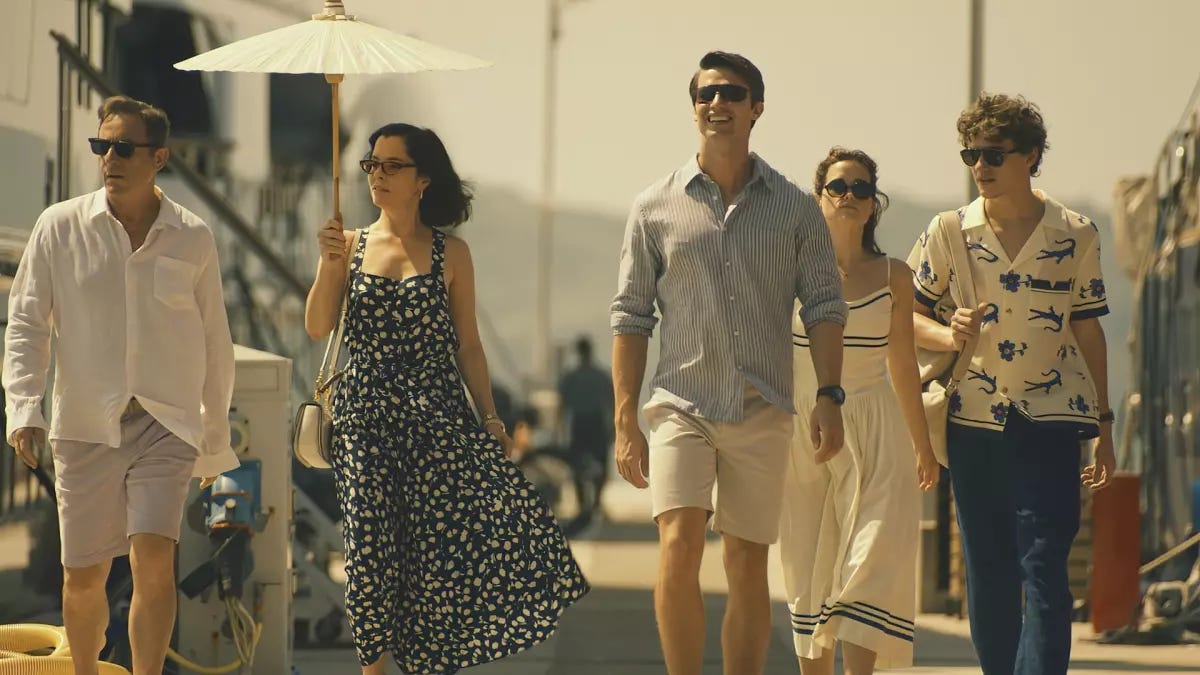

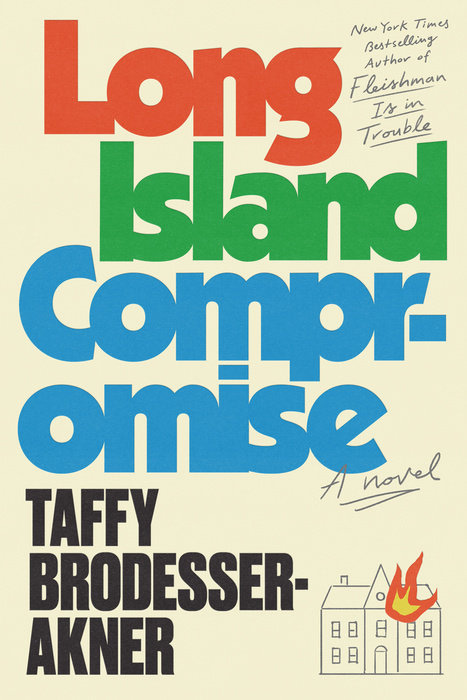
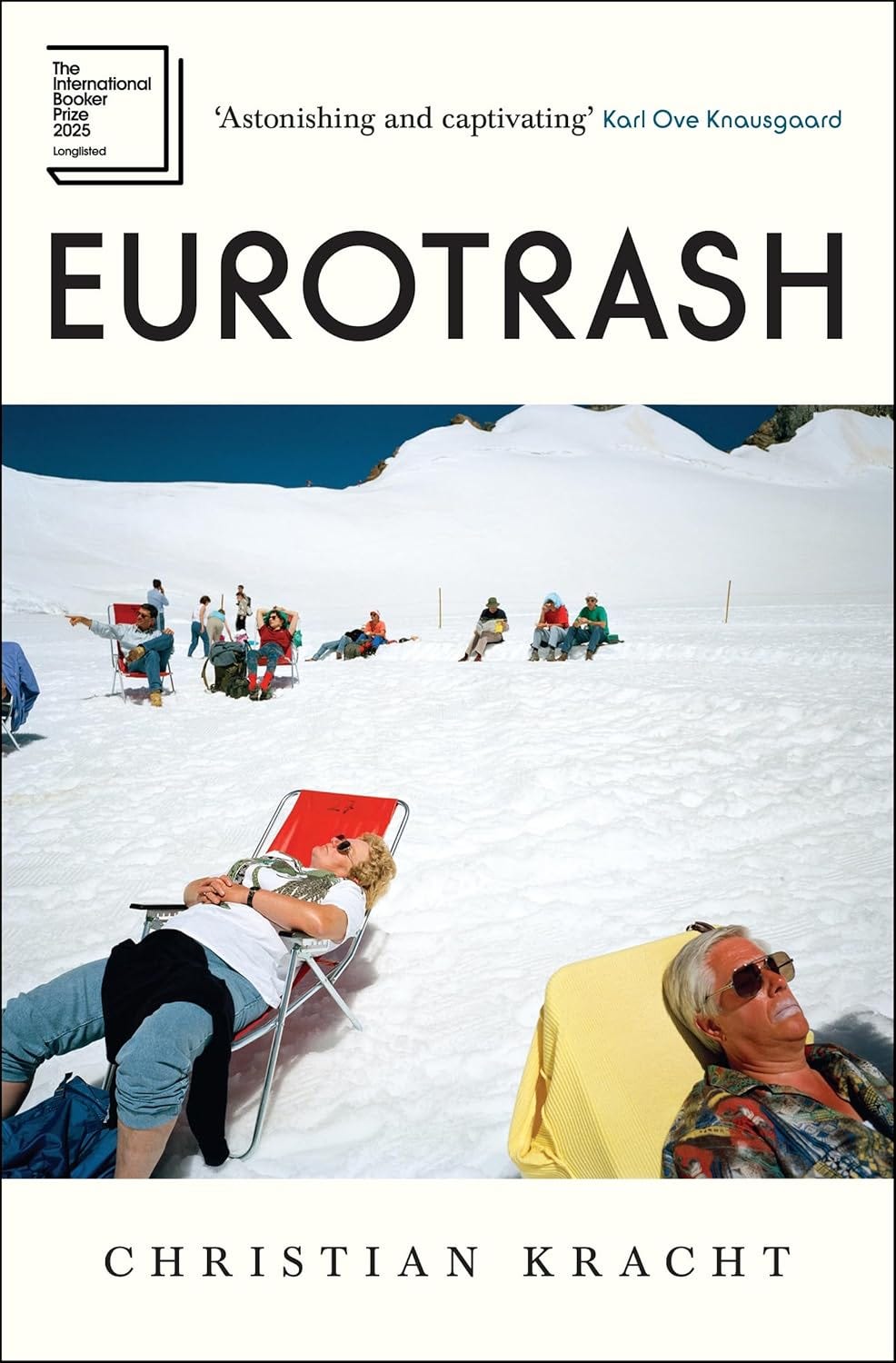
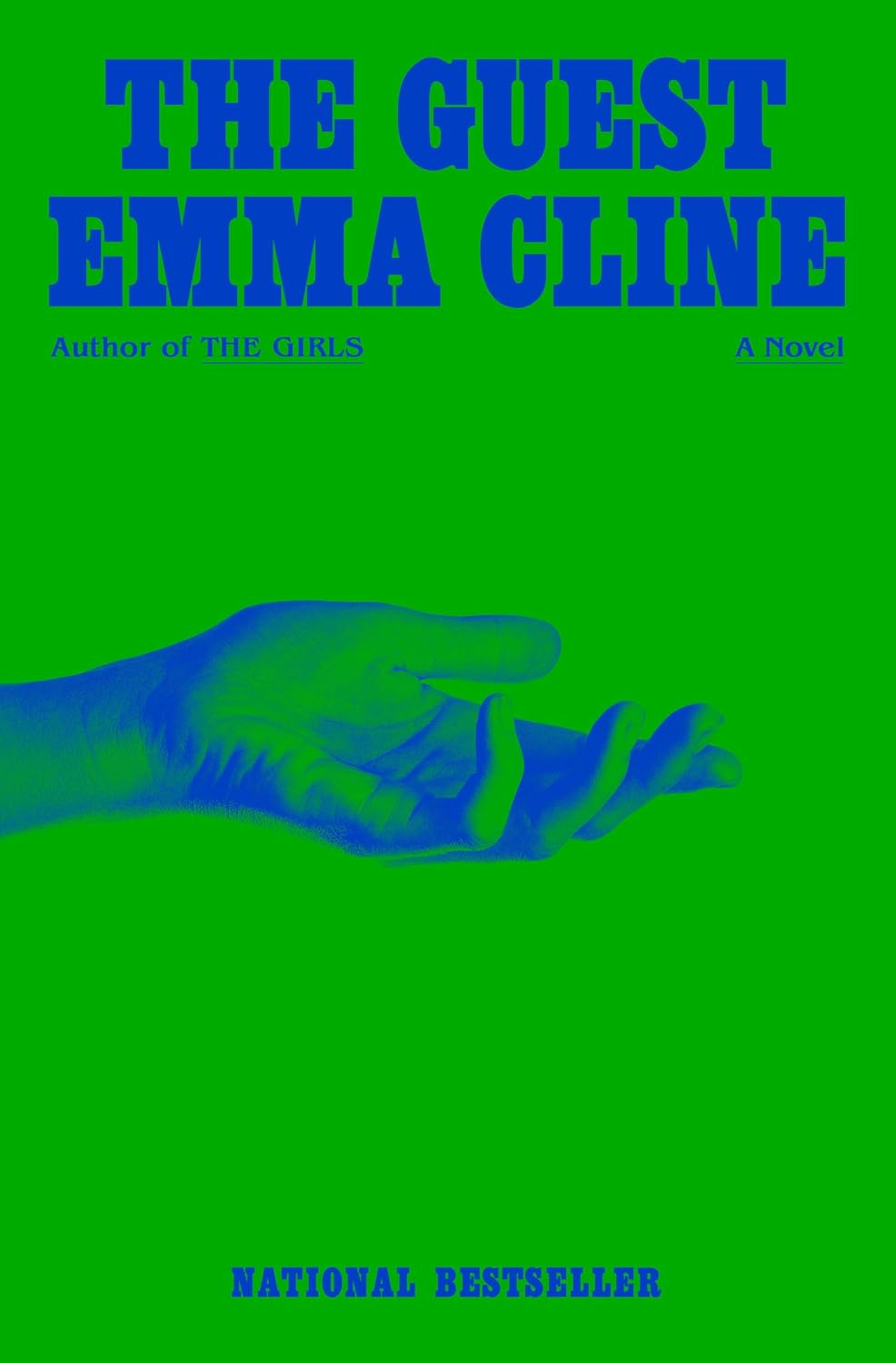
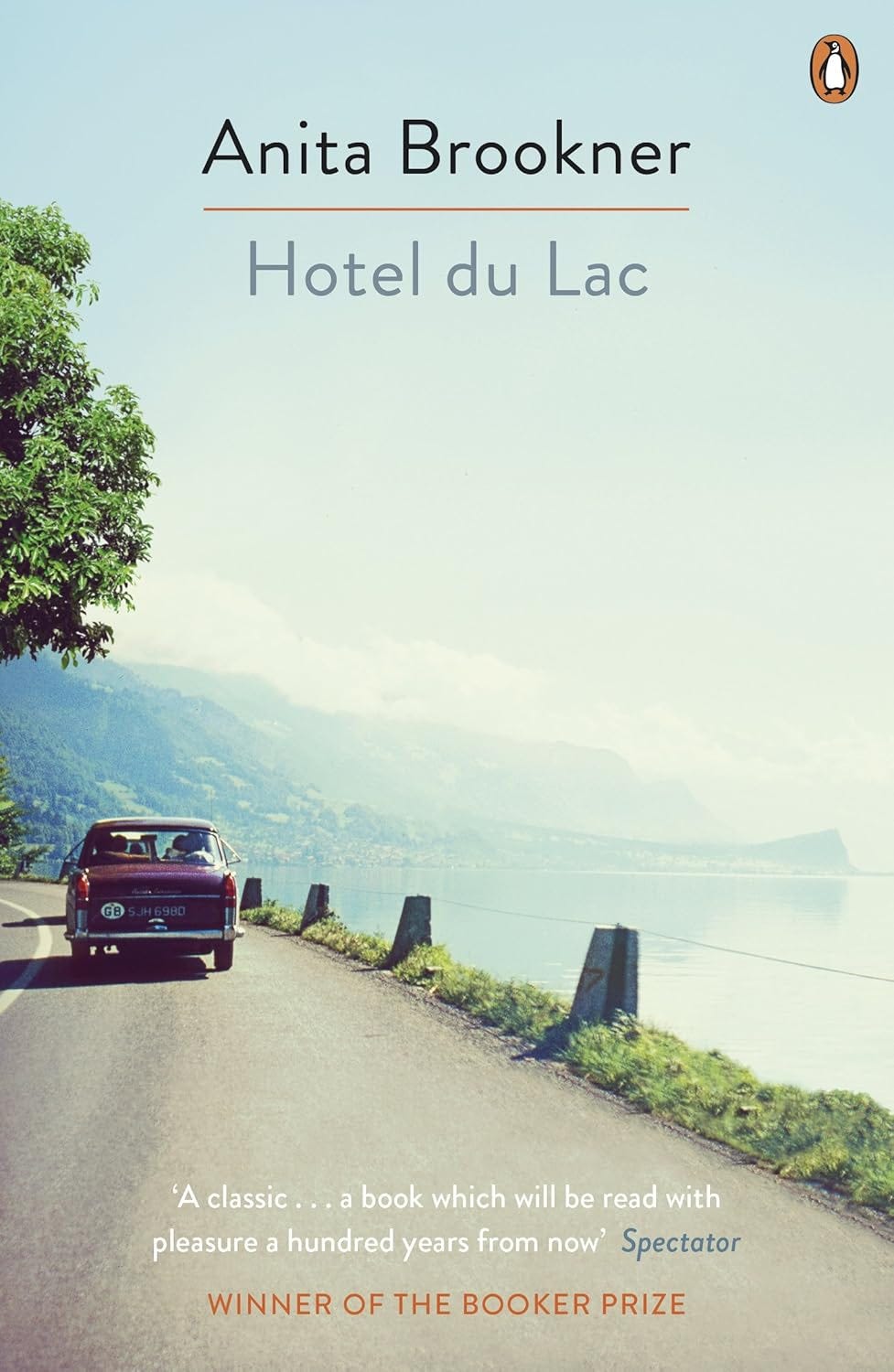
What a great list!